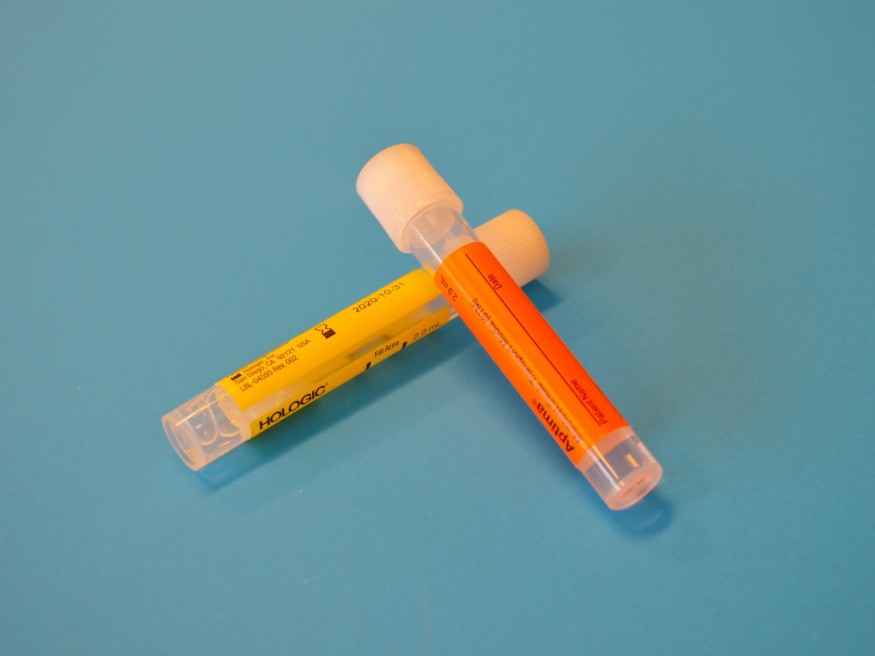The development of affordable and non-invasive screening tests is crucial because early detection of cancer greatly increases the likelihood of successful recovery for patients. Now, researchers from MIT share a new diagnostic tool that only requires a urine sample, allowing certain types of cancer to be screened at home like a pregnancy test.
As per Science Alert, the method eliminates the need for expensive and inconvenient hospital visits or scans. The technology behind the test is quite advanced, detecting specific enzymes that indicate the presence of different cancers.

Nanoparticle Sensor Can Detect Cancer Enzymes
Researchers have created a novel type of nanoparticle that utilizes protein-coated DNA sequences to detect cancer-related enzymes. When these enzymes encounter the nanoparticles in the bloodstream, they remove a specific protein attached to the nanoparticle.
The nanoparticle, along with the attached DNA sequences, is then excreted through urine, allowing the DNA sequences to be read as a barcode and indicating the presence of cancer.
Initially tested on mice through injections, the researchers believe that these nanoparticles could potentially be developed for oral intake, inhalation, or as a local treatment like a cream. The DNA barcodes on the nanoparticles have the potential not only to identify the presence of a tumor but also to differentiate between different tumor types and detect metastasis, providing crucial information for treatment development and targeting.
The nanoparticle sensors demonstrated the ability to detect five different tumor-related enzymes, with the potential to express up to 46 different DNA barcodes in a single sample as the technology is further scaled up.
Biomedical engineer Liangliang Hao said in the news release that they aim to utilize these barcoded panels not only to detect diseases but also classify them and distinguish between various types of cancer.
By amplifying the signals of cancer biomarkers that are often challenging to detect, these synthetic nanoparticles can provide insights into cancer types and their progression. The utilization of CRISPR gene editing technology played a significant role in this research.
READ ALSO : Ants as Bio Diagnostic Tool in the Future? These Tiny Creatures Can Detect Cancer in Urine
Making the Technology Available
Although the testing of this technique on humans is still pending, as Science Alert reported, the team is optimistic about its potential and believes that with further refinement it can be developed into a fully functioning test that individuals can use at home.
The continuous advancements in medical science and technology, including the integration of AI and treatment monitoring, are contributing to a promising future in healthcare innovations.
The goal of the researchers is to make this technology accessible in low-resource and middle-resource settings, aiming to democratize diagnostics and create cost-effective solutions that provide rapid results at the point of care. MIT biological engineer Sangeeta Bhatia emphasizes the objective of making such diagnostics widely available.
The findings of the study, titled "CRISPR-Cas-amplified urinary biomarkers for multiplexed and portable cancer diagnostics,"
have been published in the scientific journal Nature Nanotechnology.
RELATED ARTICLE: Groundbreaking Multi-Cancer Screening Blood Test Can Diagnose 50 Types of the Deadly Disease Even Before Symptoms Appear
Check out more news and information on Cancer in Science Times.
© 2025 ScienceTimes.com All rights reserved. Do not reproduce without permission. The window to the world of Science Times.










